AeroGenie — Votre copilote intelligent.
Tendances
Categories
Joby Aviation and Archer Aviation Compete in the Emerging Urban Air Mobility Market
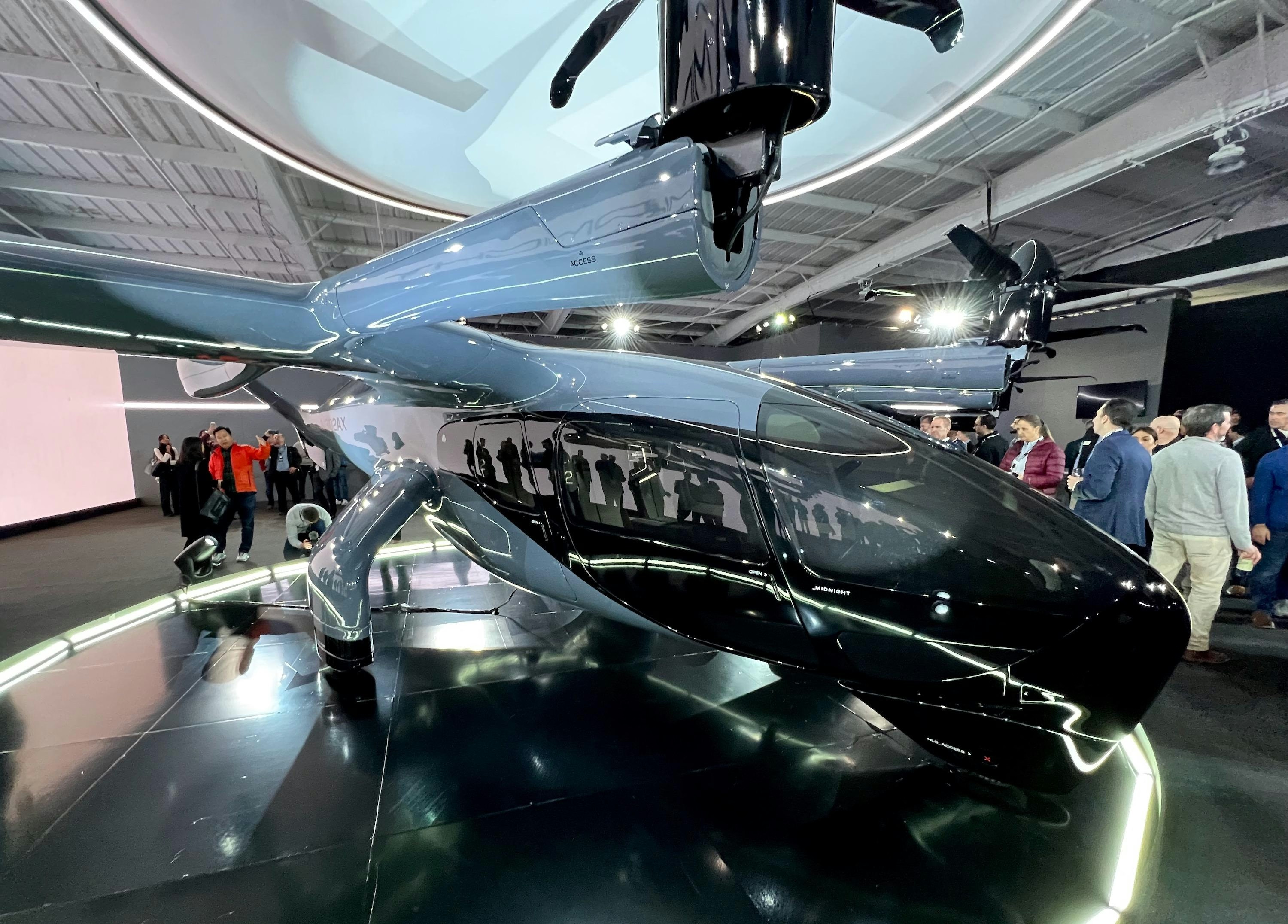
Joby Aviation and Archer Aviation Compete in the Emerging Urban Air Mobility Market
The concept of flying cars, once confined to the realm of science fiction, is rapidly approaching reality as Joby Aviation Inc. and Archer Aviation Inc. vie for dominance in the burgeoning urban air mobility sector. Each company is pursuing a distinct business model, reflecting divergent visions for the future of aerial transportation within and between cities.
Joby Aviation’s Premium Intercity Vision
Joby Aviation is positioning itself as the provider of a premium “sky limo” experience, targeting affluent travelers seeking fast, comfortable, and efficient intercity transport. The company recently underscored its ambitions by showcasing its aircraft alongside Delta Air Lines’ historic 767 at the Delta Flight Museum, signaling a strategic intent to integrate with established airline networks. Joby’s electric vertical takeoff and landing (eVTOL) aircraft boasts a range of approximately 150 miles and a top speed of 200 miles per hour, designed to serve routes that extend beyond short urban hops.
Central to Joby’s strategy is embedding its service within existing travel ecosystems, particularly through its partnership with Delta Air Lines. This collaboration aims to attract premium customers who prioritize time savings over cost, offering a quiet and upscale alternative to traditional ground transportation. In a significant move to broaden its market presence, Joby announced plans to acquire Blade Air Mobility’s helicopter rideshare business for up to $125 million. This acquisition is expected to accelerate Joby’s integration of electric air taxis into an established customer base, marking a critical step toward the commercialization of flying taxis. The announcement was met with positive market reaction, as Joby’s stock price rose, reflecting growing investor confidence in the company’s approach and the sector at large.
Archer Aviation’s Urban Commuter Focus
In contrast, Archer Aviation is developing a more utilitarian model aimed at becoming the “flying taxi” for urban commuters. Its Midnight eVTOL aircraft is optimized for dense metropolitan environments, featuring a shorter range of about 60 miles and a maximum speed of 150 miles per hour. Rather than catering to premium intercity travelers, Archer envisions its aircraft as a practical, high-frequency transport solution for short trips within busy cities, akin to a flying city cab.
Archer has made significant strides in testing its technology, recently completing a 55-mile flight in 31 minutes with the Midnight aircraft. This milestone demonstrates the aircraft’s operational capabilities and brings the company closer to launching commercial services. Archer’s business model emphasizes scalability through frequent, short-haul rides, potentially enabling faster profitability. However, it lacks the premium positioning that characterizes Joby’s offering, focusing instead on volume and accessibility.
Divergent Paths and Market Uncertainty
Joby and Archer represent two fundamentally different approaches to urban air mobility. Joby is targeting premium intercity travel with integration into established airline networks, while Archer is focused on high-volume, short-distance urban transport. Both companies face considerable challenges, including regulatory approval processes, technological development hurdles, and competition from other emerging players in the sector.
The market has yet to determine which model will prove more viable or which will gain passenger adoption first. The future of urban air mobility may ultimately hinge on a choice between Joby’s vision of a sky limo and Archer’s concept of a flying taxi, leaving investors to weigh which approach will take flight successfully.
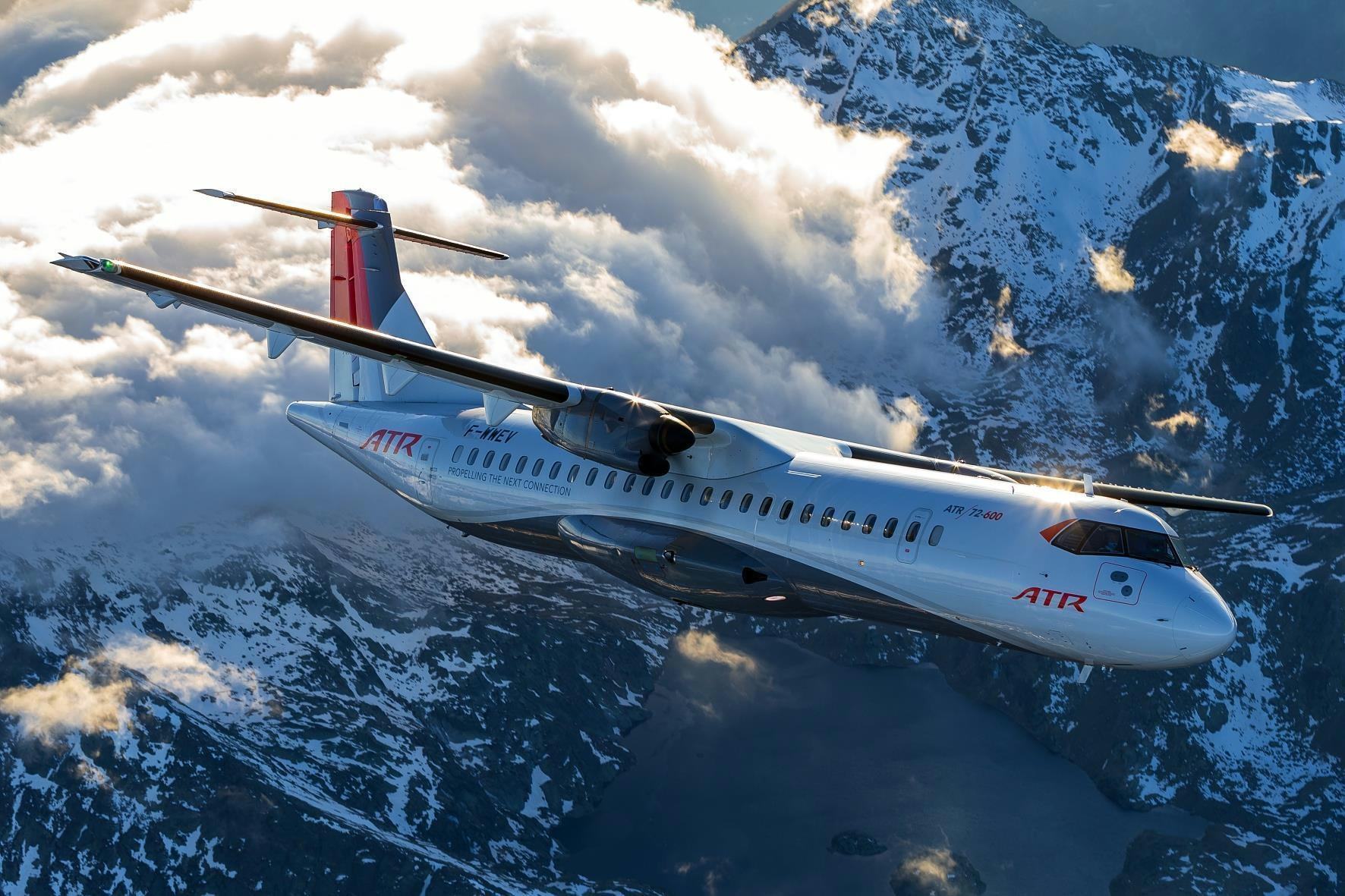
ATR Airlines Misses Targets Amid Aircraft Delivery Delays
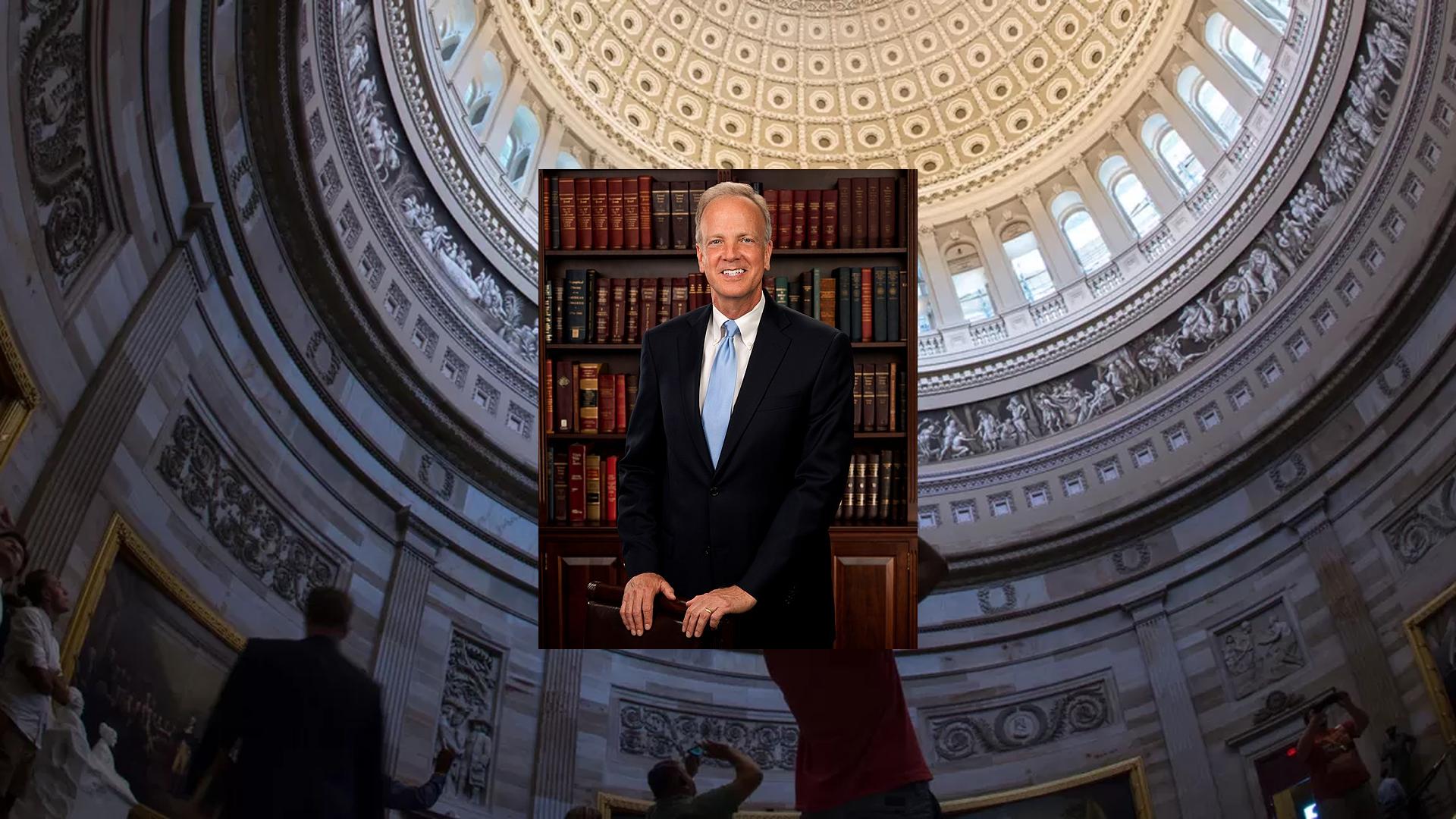
Sen. Jerry Moran Proposes Bipartisan Bill to Improve FAA Certification for Advanced Air Mobility
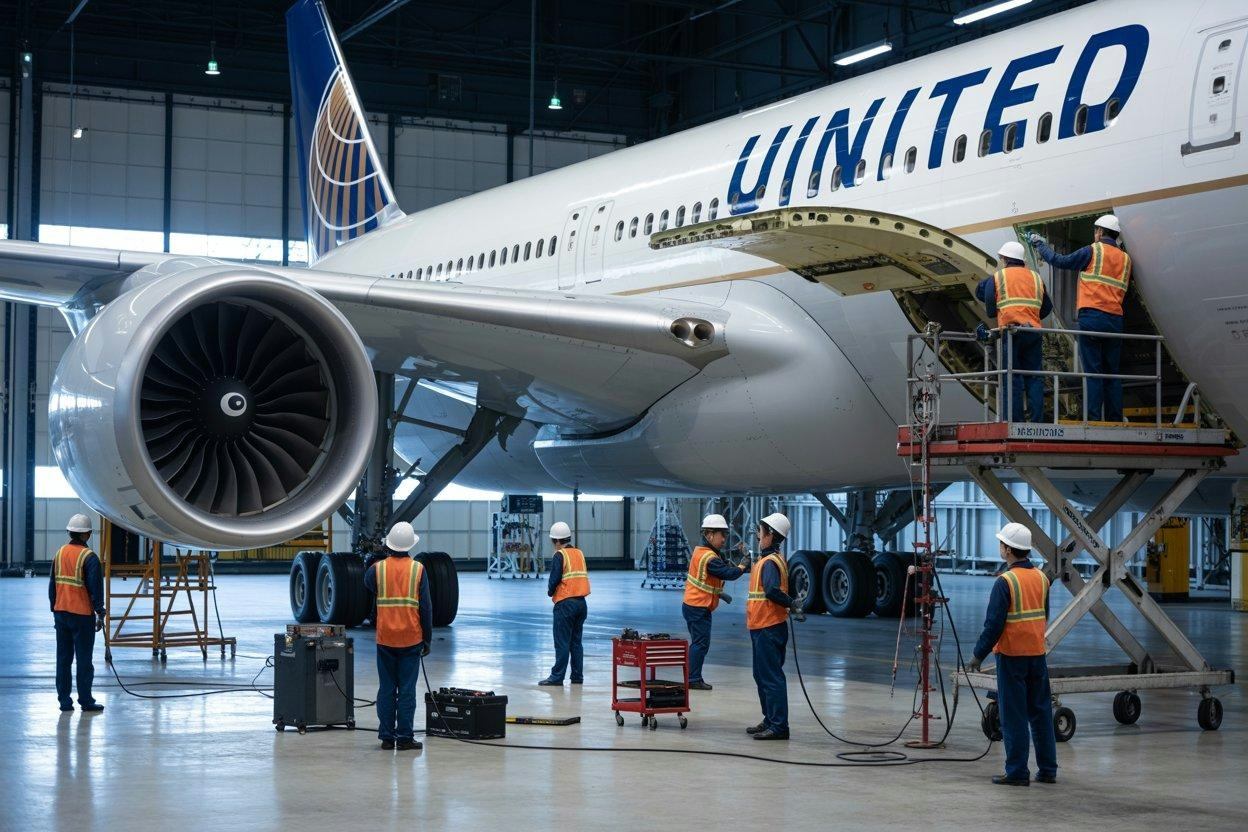
US Audit Identifies FAA Oversight Gaps at United Maintenance

The Impact of Agentic AI on Airport Operations
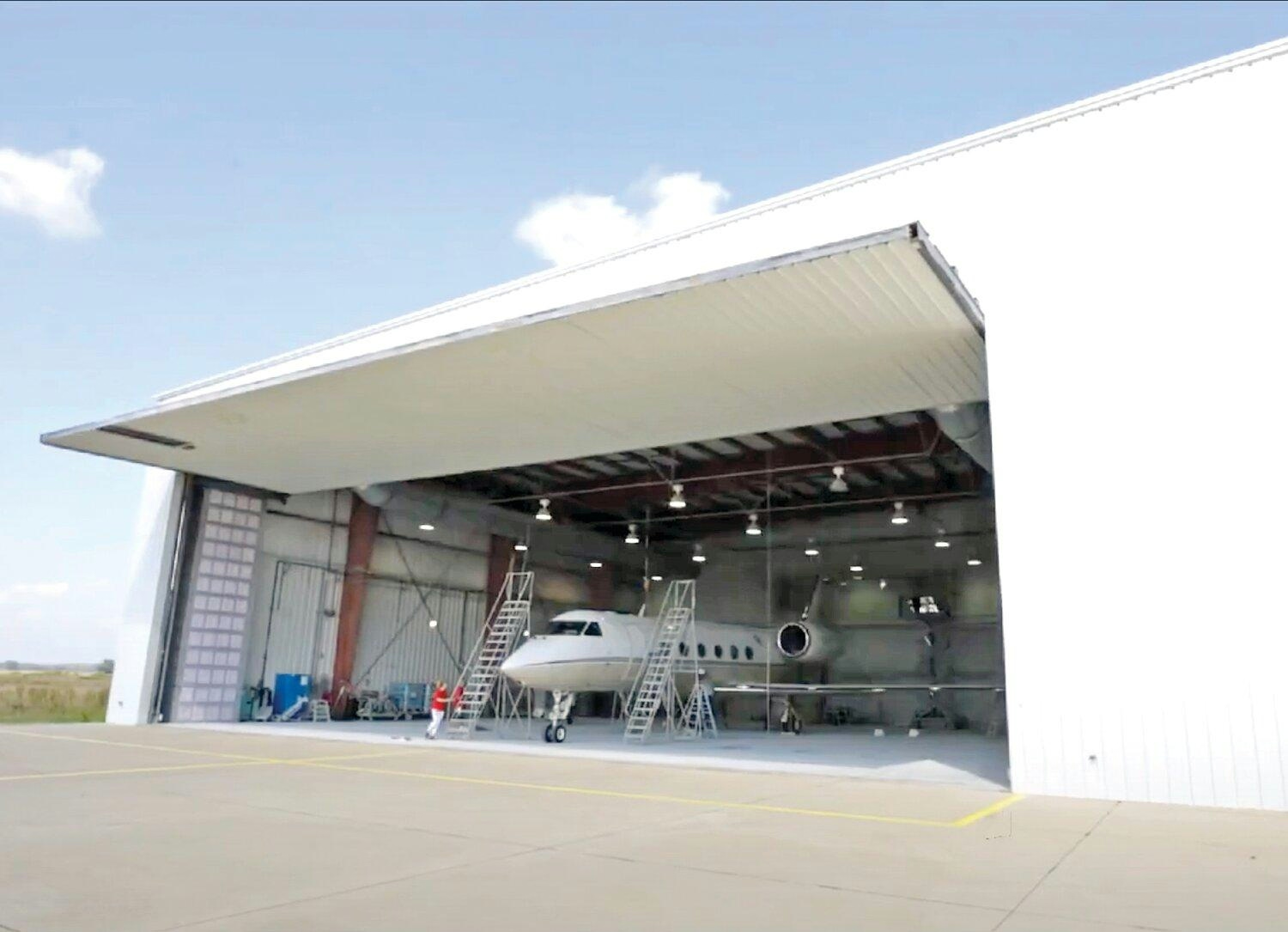
West Star Aviation Announces Expansion in Chattanooga
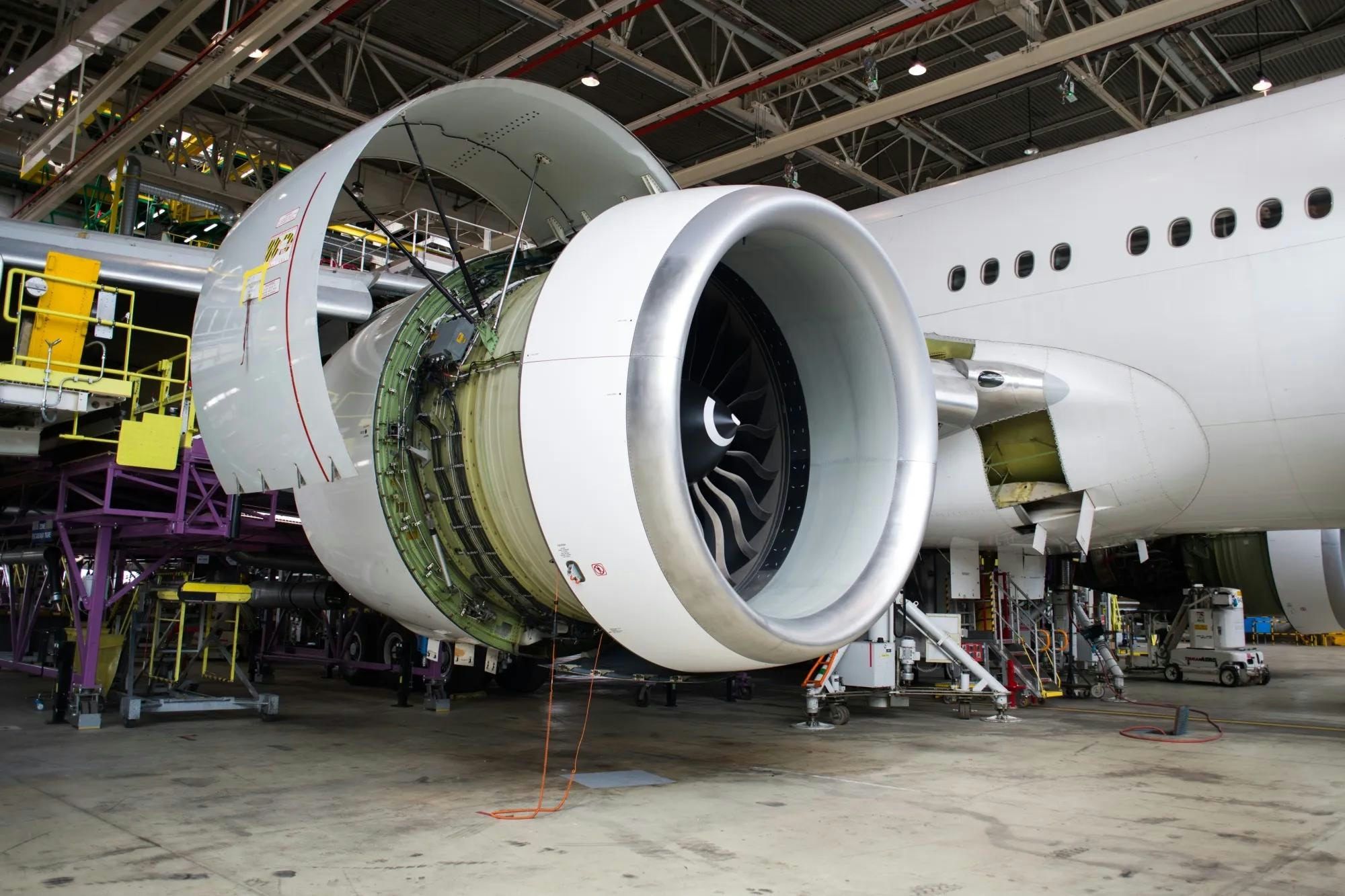
Signs Point to Easing of Aerospace M&A Backlog by 2026

Aviation Design Software Market Projected to Reach $2.8 Billion
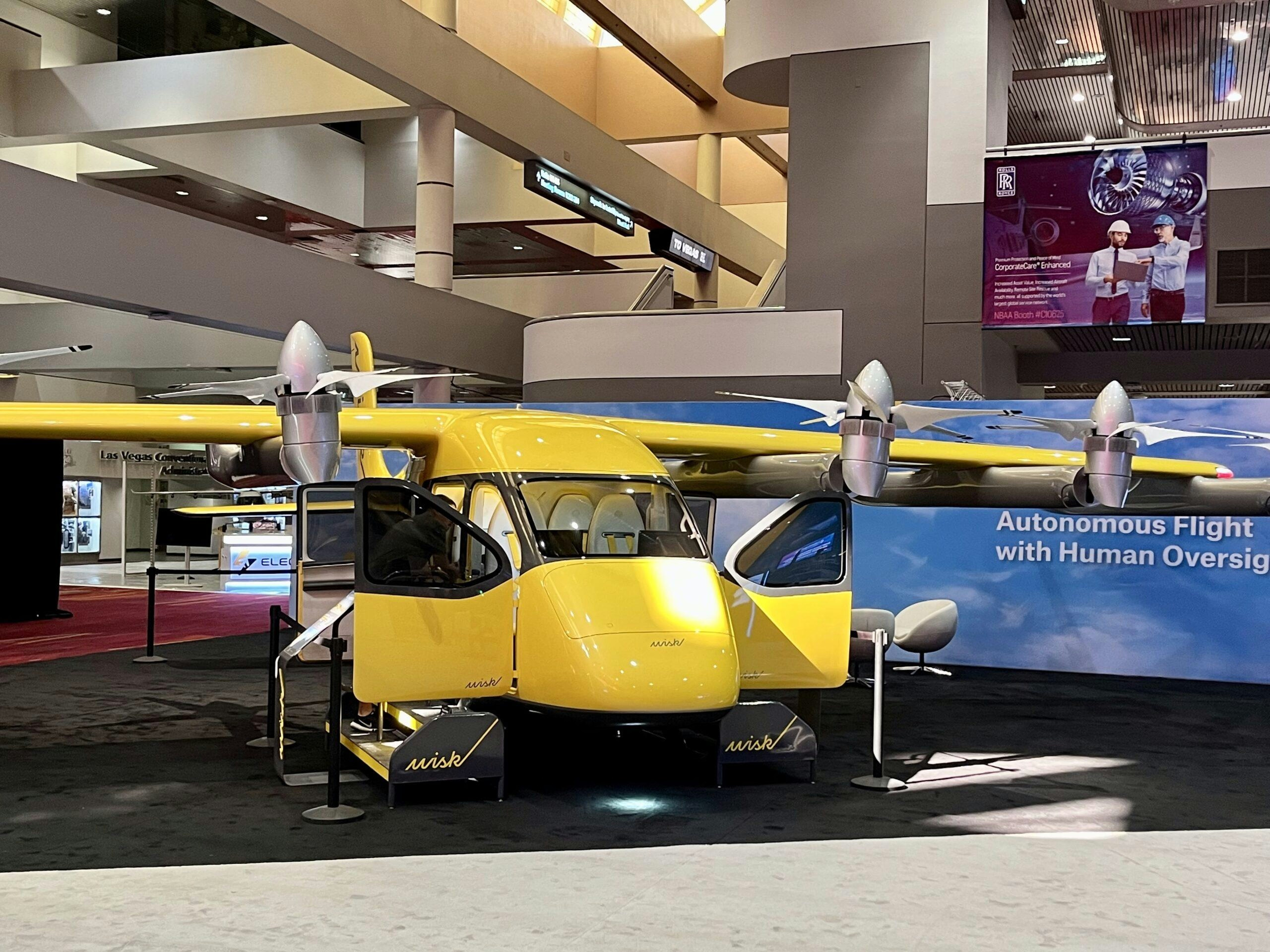
The Future of Aviation in Africa Amid Digital Transformation
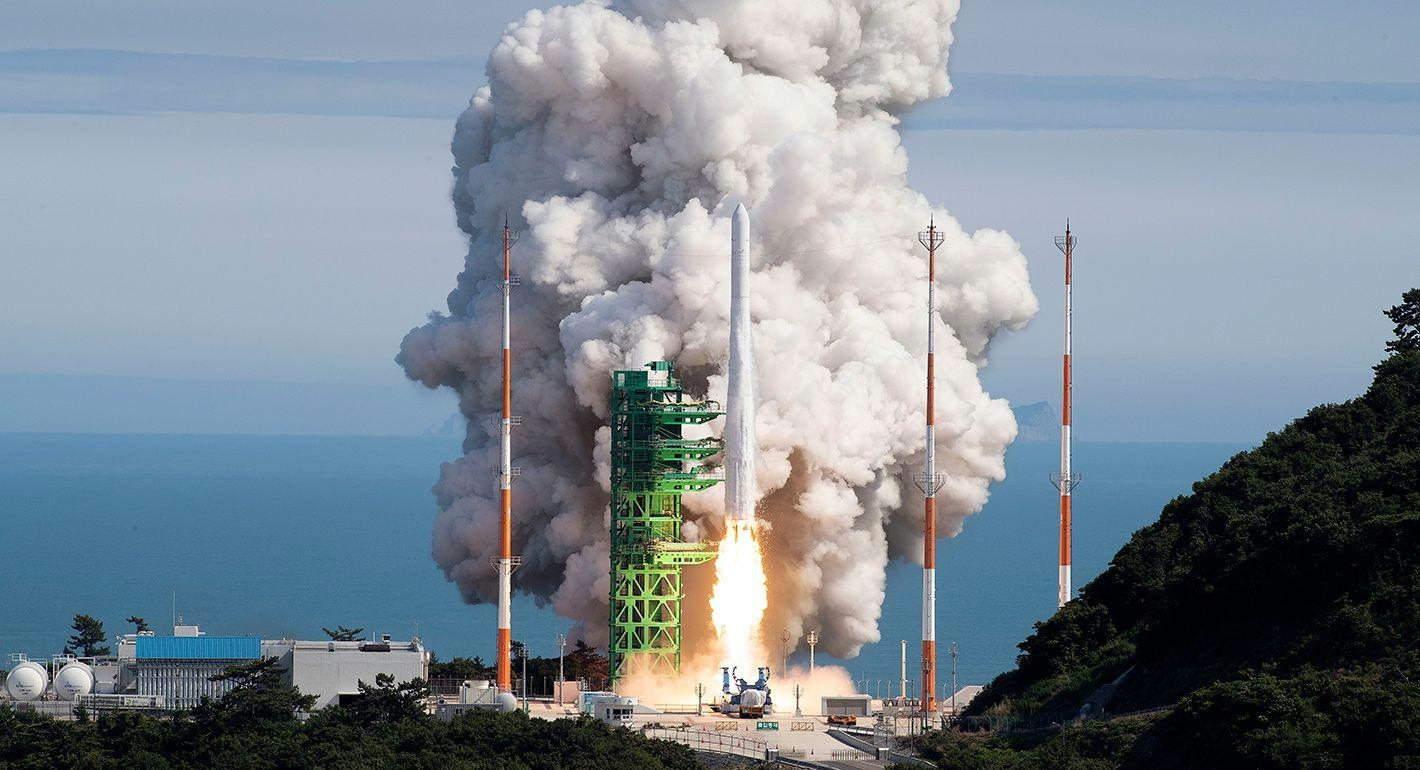
Gyeongnam Province Unveils Mid- to Long-Term Aerospace Industry Roadmap
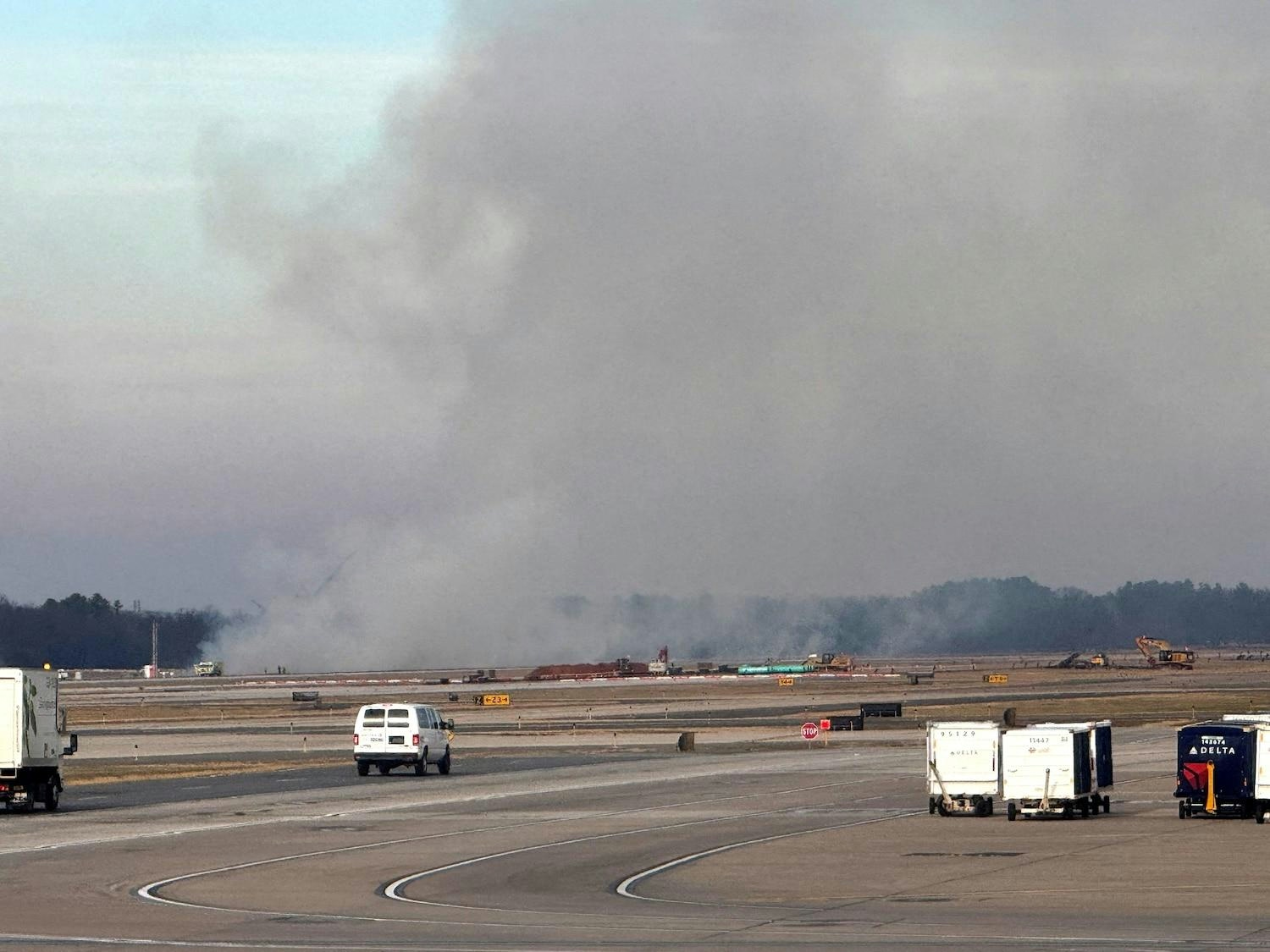
Delta Flight to Atlanta Suffers Engine Trouble, Sparks Grass Fire at Airport
